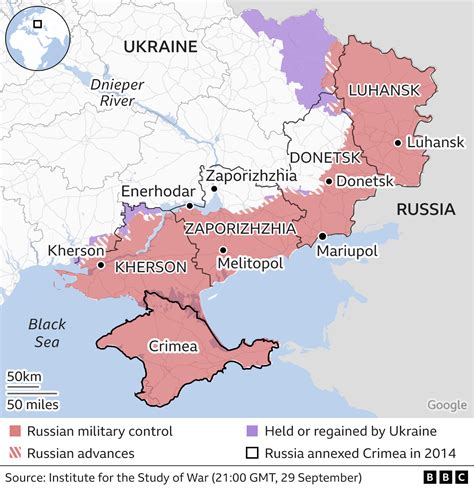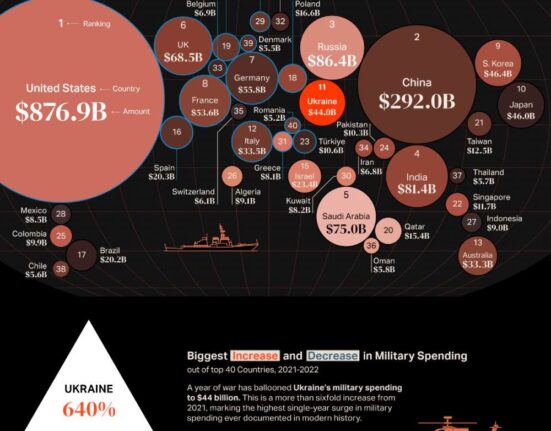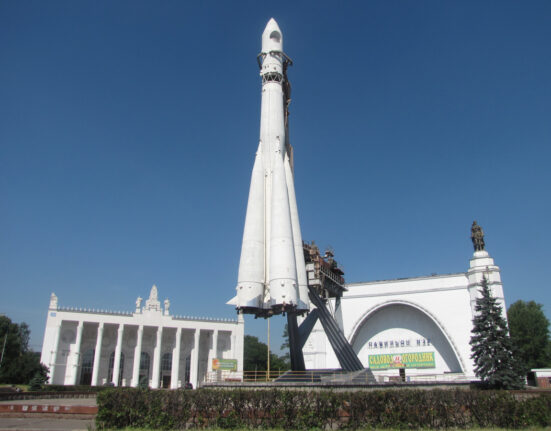The relationship between the United Kingdom and Russia has been a topic of concern in recent years, particularly following Russia’s annexation of Crimea and invasion of Ukraine. In response to these actions, financial sanctions were imposed on Russia by the UK government. These sanctions aimed to restrict various activities, including exporting weapons technology, trading Russian oil illegally, and providing assistance to President Vladimir Putin’s administration.
Despite efforts to enforce these sanctions, the National Crime Agency (NCA) in the UK revealed that there have been no convictions for breaching Russian sanctions. The complexity of cases and challenges in gathering evidence have hindered successful prosecutions under the law introduced four years ago specifically for this purpose.
In a letter to Members of Parliament (MPs), the Director-General of NCA highlighted the difficulties faced in prosecuting such cases. While Foreign Secretary David Lammy expressed determination to cut off Russian revenues through stringent sanctions enforcement, critics argue that Western sanctions may not be as effective as initially anticipated.
One key unit responsible for investigating potential breaches is the Office of Financial Sanctions Implementation (OFSI). This division received additional funding earlier this year to improve its capacity to monitor and enforce UK’s sanctions regime effectively.
Recent reports indicated that OFSI was conducting investigations into numerous UK-linked businesses suspected of violating Russian oil sanctions. However, many cases closed without fines or penalties being imposed due to various reasons, raising questions about the efficacy of current enforcement measures.
The Director-General emphasized that financial investigations related to sanctions breaches are intricate and time-consuming processes. Given that no concluded prosecutions have taken place under the new legislation, it underscores the challenges involved in holding offenders accountable for their actions.
In a notable case from last year, charges were filed against a former governor linked to circumventing sanctions and money laundering activities. Despite ongoing efforts by authorities to address violations, concerns persist regarding maintaining pressure on organizations with ties to Russia and ensuring compliance with established deterrents against sanction violations.
Foreign Secretary David Lammy reiterated the impact of Western sanctions on Russia’s economy, citing significant financial losses since 2022. As discussions continue on further actions against entities supporting the Russian oil industry, there is anticipation around potential developments in enforcing stricter measures in line with anti-corruption initiatives.
With ongoing scrutiny from parliamentary committees like Treasury Select Committee chaired by Dame Meg Hillier, there is growing pressure on authorities to demonstrate tangible consequences for breaching sanctions regimes. As geopolitical tensions persist between nations like Russia and Ukraine remain high; effective implementation and monitoring mechanisms are crucial for upholding international norms and security standards.









Leave feedback about this